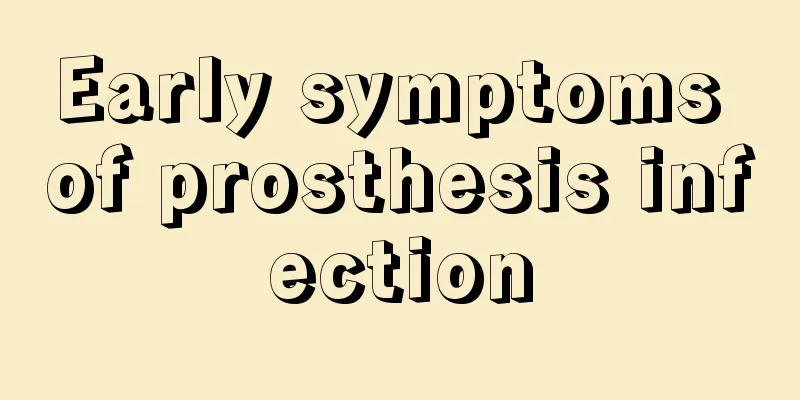The relationship between heart rate and life span

|
Everyone knows that human life span is relatively long, and can be as long as over 100 years. However, life span is affected by many factors. For example, the external environment can affect life span because there are various bacteria, viruses and other things that are harmful to health in the external environment. Internal conditions can also affect life expectancy. For example, the heart rate index has a certain reference value for life expectancy. Let’s take a look at whether there is a big relationship between heart rate and life expectancy? Animals with slower heartbeats live longer Neither too fast nor too slow is good. If the resting heart rate is 60 beats per minute, the life expectancy can reach 93 years. Scientists have long discovered that small mammals such as mice and rabbits have very fast heart rates, up to hundreds of beats per minute, but their lifespan is only 1-3 years. In contrast, large mammals such as whales are very heavy and have a slow heart rate of only about 20 beats per minute, yet their lifespan can reach 30-40 years. A tortoise called Galapagos can live up to 177 years, and its heart beats only six times per minute. Although this phenomenon has not yet been fully revealed, it has given people a new proposition - slower heartbeat means longer life. Managing the heart involves managing the heartbeat. Many patients are aware of the need to prevent cardiovascular and cerebrovascular diseases, but few know that heart rate has a great impact on the prevention and treatment of cardiovascular and cerebrovascular diseases. Studies have shown that adults with a resting heart rate of around 60 beats per minute have the longest lifespan, and it is ideal to control the resting heart rate between 55-70 beats per minute. If it is less than 45 beats per minute, there may be a risk of arrhythmia. People who exercise regularly have a slower heart rate. If they are energetic and have no discomfort, this is physiological bradycardia. A fast heartbeat can cause serious damage to heart function. A fast heart rate can easily lead to high blood pressure and a greater possibility of sudden death. An increased heart rate reflects the activity of the sympathetic nerves in the body. Sympathetic excitement will secrete a large amount of catecholamines such as adrenaline and norepinephrine. Under the action of these hormones, the heart rate increases, blood pressure rises, and breathing speeds up. When the sympathetic nerves remain active and the level of adrenaline secretion continues to rise significantly, the heart's consumption also increases. Sympathetic nerve activity and hypertension are causally related: if the heart rate is too fast, the chance of developing hypertension is high; if the blood pressure rises, the damage to heart function is greater. |
>>: What is your heart rate after surgery
Recommend
Bile reflux causes chest pain when swallowing food
For some patients with stomach problems, they oft...
What is the treatment for gastric bleeding?
Gastric diseases are generally chronic diseases a...
What is the reason for the uneven horizontal lines on the nails
Some friends find that their nails have horizonta...
How long does it take for gastric cancer to go from stage one to stage two
Due to the different physical conditions of indiv...
Is there a high risk in pituitary tumor surgery?
For some patients, surgical treatment is often th...
Can people with herpes drink alcohol?
The herpes virus is a relatively common virus tha...
Can patients with cervical cancer exercise?
Can patients with cervical cancer exercise? Cervi...
What are the effects and functions of loofah water?
Luffa is a common melon, fruit and vegetable. Peo...
What causes urachal stones? These are the culprits!
Urachal stones are a type of stone that occurs be...
Will unformed teratoma affect human life span?
Will unformed teratoma affect a person's life...
What kind of exercise is good for bladder cancer
Everyone knows the benefits of exercise for our b...
Can closed comedones be treated with aloe vera gel
When treating acne, you must first understand whe...
What to do if you are stung by a blue moth
As a person from Northeast China, I like winter v...
The correct time to take various medicines
In recent years, with the development of medical ...
What is the use of Tai Su Di
Taxotere is a chemotherapy drug used to treat cer...









